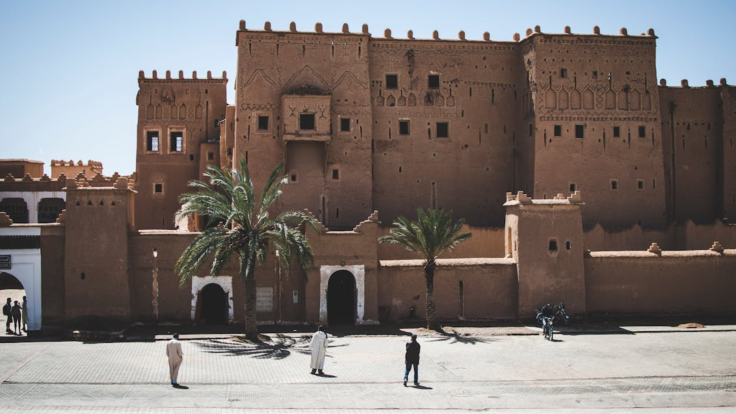UK Tourist Raped on Moroccan Beach by Horseback Predator – Why Did No One Stop Him?
Authorities probe alleged assault near Agadir as tourists are urged to verify guides and stay in well-lit areas

A UK tourist was allegedly raped on a Moroccan beach after being lured by a fake tour guide, who then escaped on horseback.
The assault allegedly took place near a hotel on Taghazout beach, in the Agadir Ida-Outanane area, where the victim was approached by a man riding a horse, posing as a tour guide. He reportedly engaged her in conversation, offered to take her to a secluded spot further along the beach, and led her to a quiet area away from the village. The woman later told her travel companions and the hotel staff what had happened before police were alerted and an active search began.
Investigation and arrest
Authorities swept the area, interviewed nearby residents, and checked horse owners along the coast in a bid to locate the suspect. A man was later arrested after the victim identified him in court as her attacker. Police reports noted that the suspect has a prior criminal record of similar cases, and he remains in custody for further inquiry.
Context and safety response
The incident follows a separate report from another European tourist in France, bringing to attention concerns about assaults involving authorities and service providers, though details differ significantly. A different British tourist has alleged that she was raped by a police officer while handcuffed in the back of a police car in Aubagne, near Marseille, France. The 37-year-old woman claims she was detained on 10 September 2025 for 'obvious drunkenness' by three officers. She stated that while handcuffed in the vehicle, one officer sat beside her, kissed her, and then sexually assaulted her. A formal complaint has been filed.
Legal framework and consequences
Police investigations in Morocco continue as part of efforts to understand how the incident unfolded and to pursue charges if warranted. Morocco's penal code defines rape as sexual relations with a woman against her will, with prison terms of five to ten years generally, or higher penalties in specified circumstances up to twenty years. The case is being processed through the Moroccan legal system, with the suspect in police custody while investigators gather additional evidence. Details released by authorities have focused on the identification by the complainant and the suspect's recognised criminal history.
Public safety implications for tourists
Morocco's crime rate is considered moderate, with a crime index of 46.5 on a scale of 1 to 100 (where lower numbers indicate less crime) as of 2024, according to World Population Review.
Morocco is typically considered a safe country for tourists, but petty crimes like pickpocketing, scams, and bag-snatching are common in crowded areas, especially in popular tourist hotspots like Marrakech and Fez. Violent crime is rare, but occasional incidents do happen, so it's important to be aware of your surroundings, keep valuables secure, avoid isolated areas at night, and stick to well-lit, busy streets.
Experts stress the importance of verifying tour operators and avoiding secluded areas with unfamiliar guides. The use of trusted hotel staff or official tourism desks is advised as a precaution for visitors in coastal regions. Local police have reiterated the need for quick reporting of any suspicious encounters to help with swift investigations.
© Copyright IBTimes 2025. All rights reserved.





















